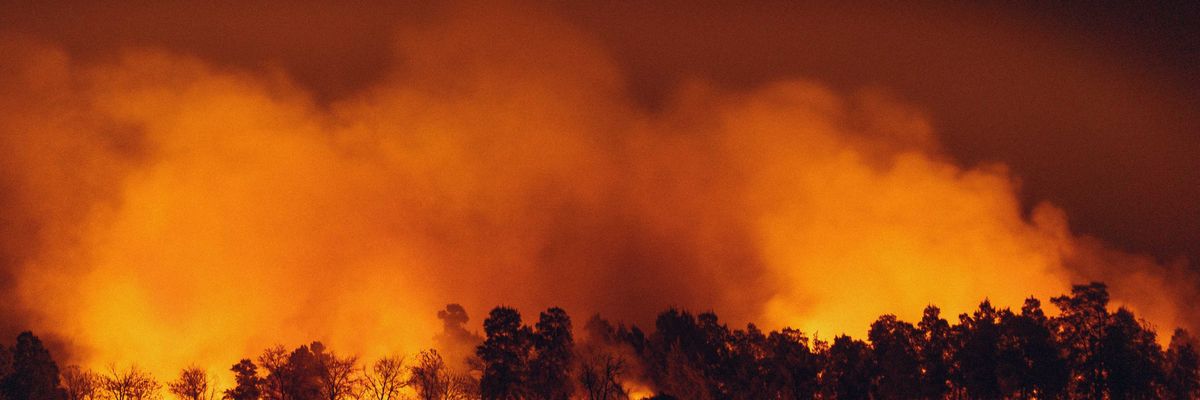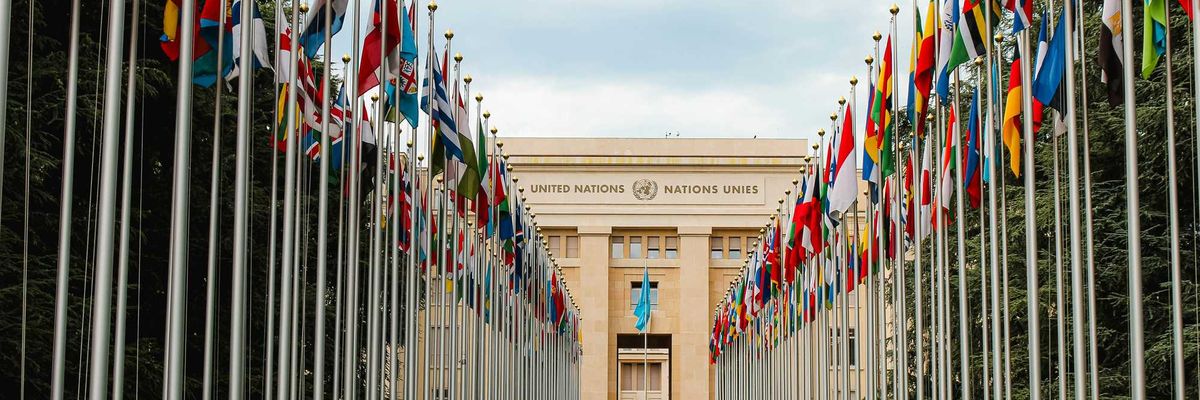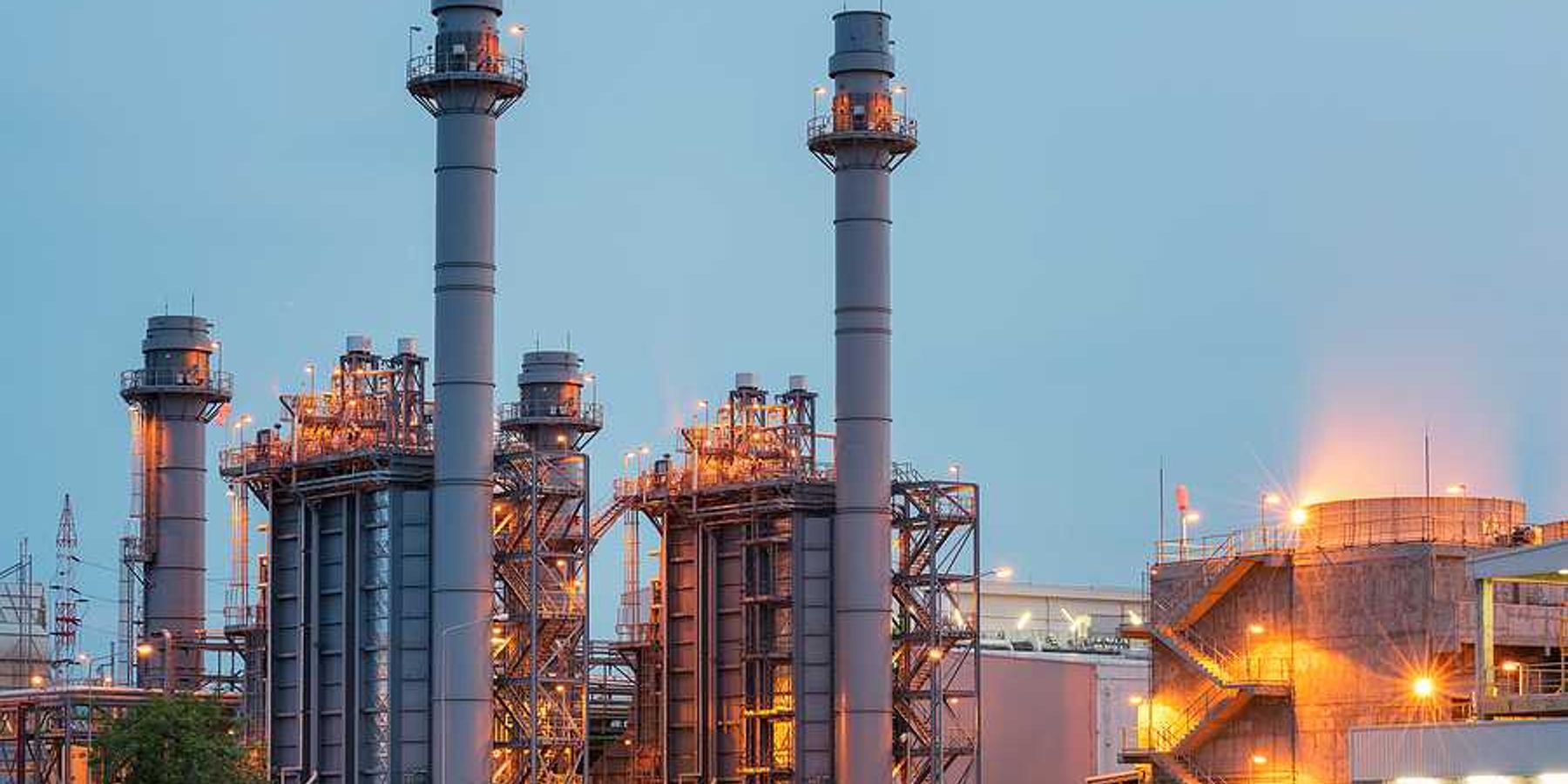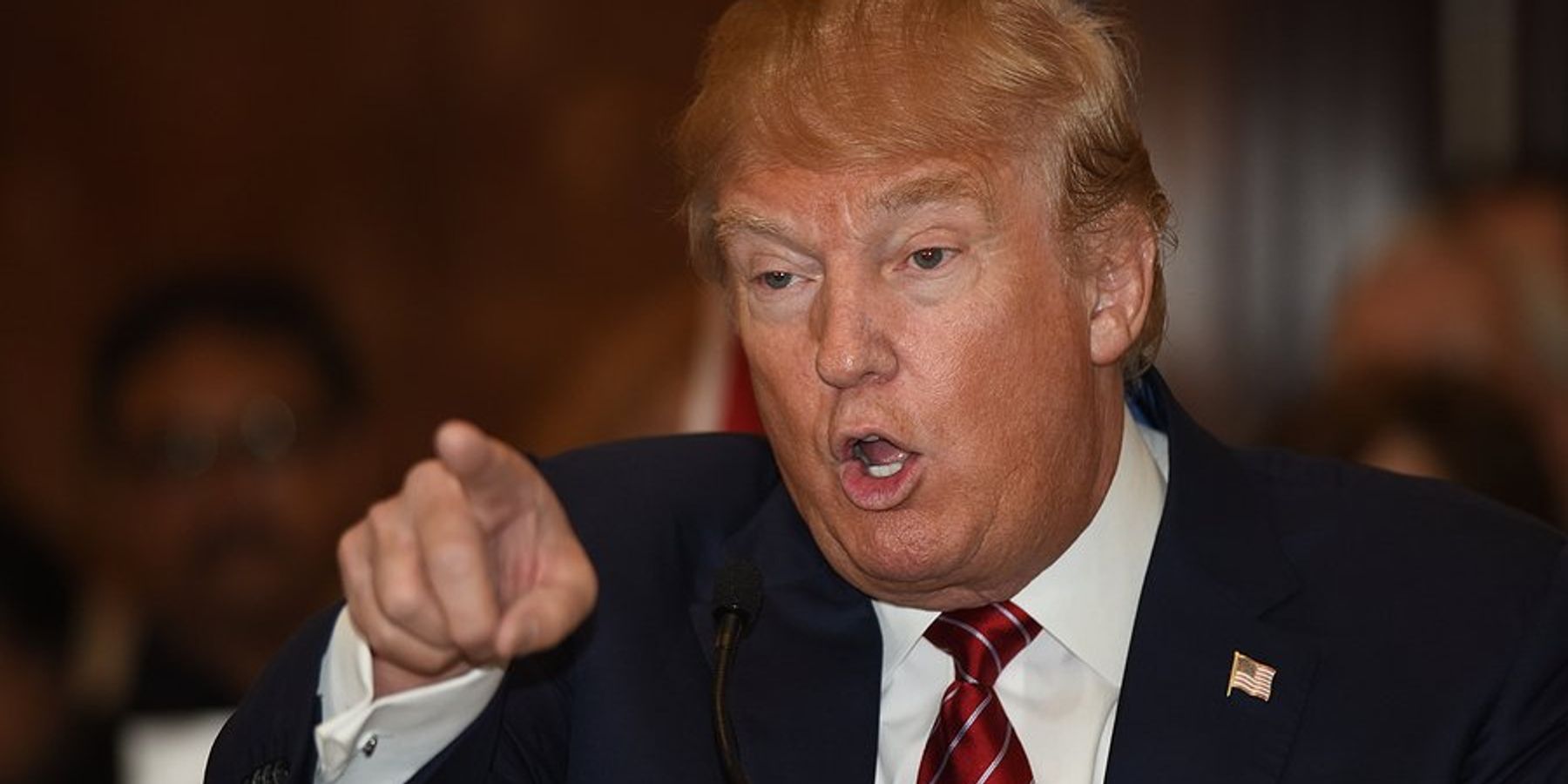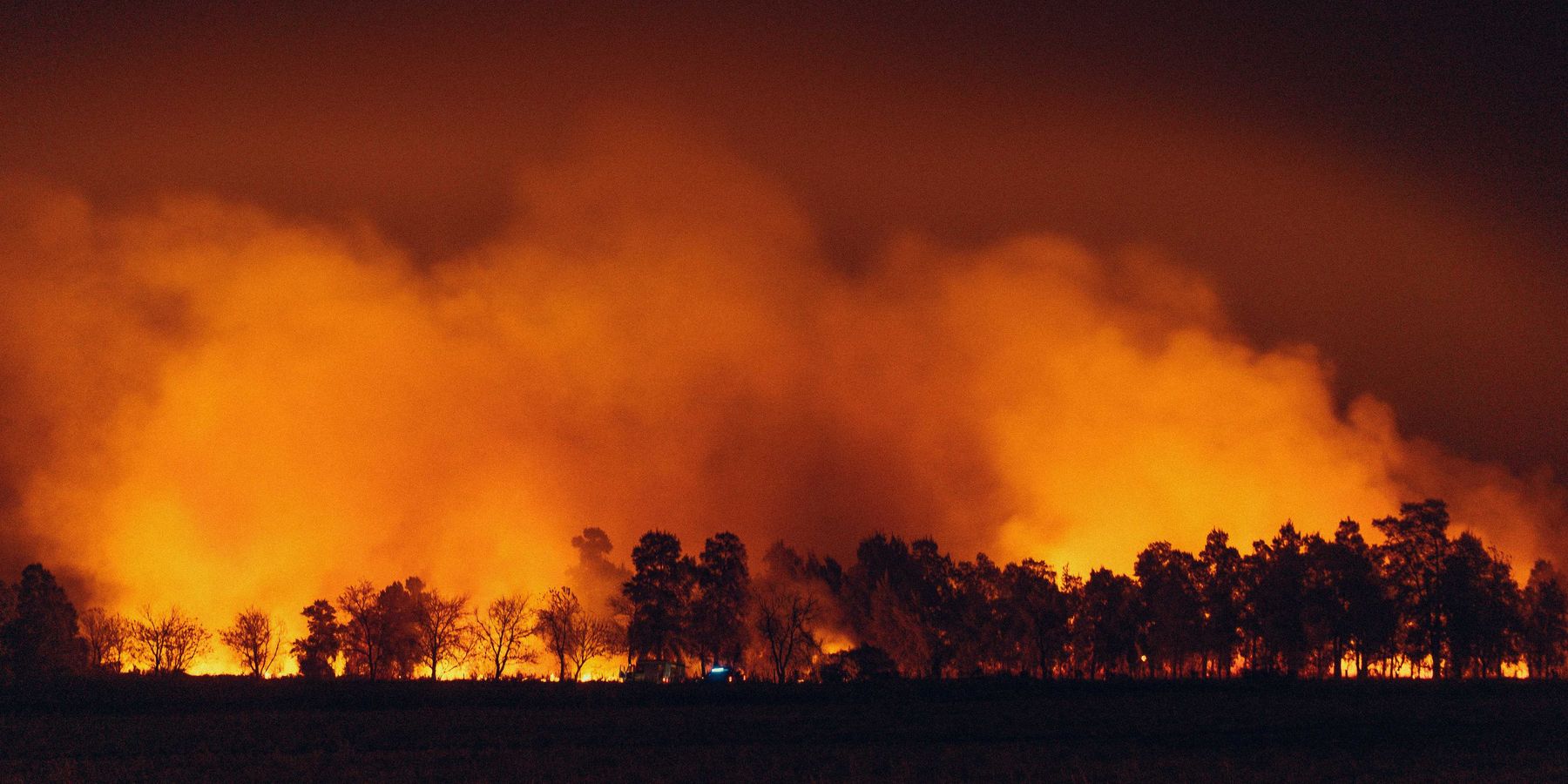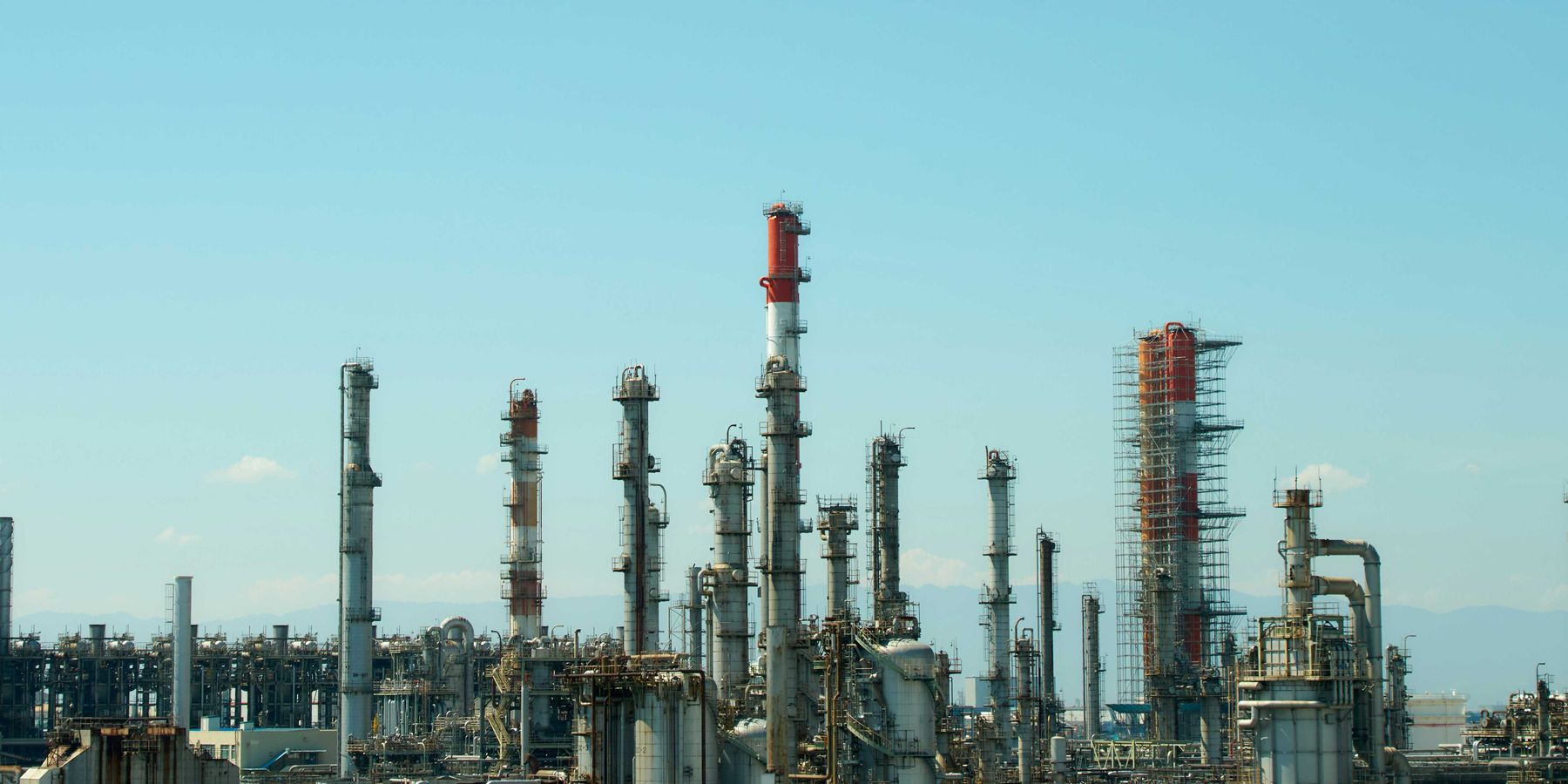bees
Pollinators and plants are becoming out of sync due to climate change
As global temperatures rise, the timing between pollinators like bees and the plants they help reproduce is becoming mismatched, threatening ecosystems and agriculture worldwide.
In short:
- In Colorado, biologist Elsa Godtfredsen observes that warmer winters cause flowers to bloom before bumblebees emerge, disrupting pollination.
- Timing mismatches between pollinators and plants have been documented globally, risking crop yields and biodiversity.
- Managed honey bees may compensate for some losses, but supply concerns could drive up food costs.
Key quote:
“It’s like we’re walking in the dark, and we know that there are cliffs, and we don’t know where the edge is.”
— Ed Henry, ecologist at the USDA
Why this matters:
Pollinator and plant mismatches could lead to significant declines in food production, impacting global food security. Ecosystem imbalances may increase in vulnerable regions, particularly affecting food-insecure areas.
Related EHN coverage:
Vermont moves to protect pollinators by proposing pesticide restrictions
Vermont's legislation to limit neonicotinoid pesticides, known for harming bees, progressed through the House Committee with substantial support.
In short:
- Vermont's House Committee on Agriculture passed a bill to phase out neonicotinoid pesticides by 2029, with most spraying ending by 2025.
- Exemptions exist for fruit growers, with restrictions during flowering periods, aligning with similar bans in Ontario, Quebec, and the EU.
- While some farmers express concern, proponents argue the ban is crucial for the survival of pollinators and the beekeeping industry in Vermont.
Key quote:
"We have some of the best honey in the world right here in Vermont, and that is a gift. We must honor that and cherish it and our critically important insect population."
— Bianca Braman, vice president of the Vermont Beekeepers Association
Why this matters:
The impact of pollinator loss extends beyond agriculture. Pollinators support the growth of flowers, bushes, and trees that provide habitats for other wildlife, contributing to a healthy and balanced ecosystem.
Environmental advocates say numerous studies show neonicotinoids are not necessary and are so detrimental to the environment that they should be banned.
Bees, butterflies and other county pollinators getting millions in support
Because of the impacts of climate change, habitat loss, disease and the use of pesticides, the number of pollinators that make so many fruits and vegetables possible are on the decline.
Britain’s bees waking up weeks earlier due to climate change may pose risks to crops, scientists say
Bees in Britain waking up weeks earlier due to warming climate may threaten the pollination of crops such as apples and pears, according to a new study.
California storms hit beekeepers, but honey outlook's sweet
During California’s prolonged, wet winter, beekeeper Gene Brandi said he had to spend twice as much money on a sugary syrup to feed his honeybees and keep them alive.
Pakistan honey farmers face a climate change crisis
Keeping queen bees indoors could help beekeepers deal with climate change
They rule the roost and are key to strengthening the honey bee population in the face of climate change. So who’s got the guts to tell these queens to chill out?

